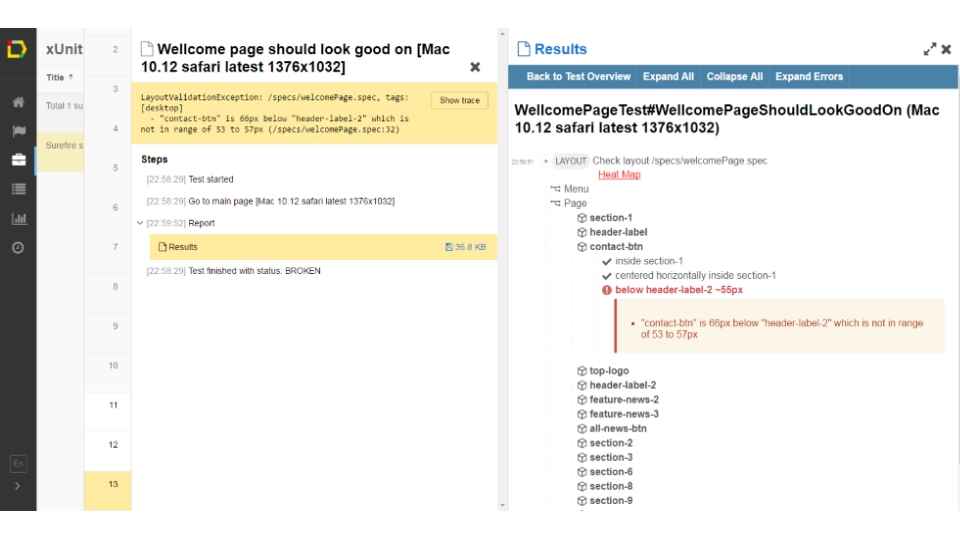Pros and Cons of Using C# as Your Backend Programming Language
The C# language is the preferred architecture for backend programming and automation in Windows environments. C# is just one of the .NET languages, but its C-style syntax is much more popular with programmers who are used to languages such as Java or C++. If you decide to build your infrastructure using C#, here are some pros and cons that you could encounter.
Pros
C# has several pros, which is why it's such a common language in most Windows development projects.
First, it integrates well with Windows. You don't need any special configurations to get a C# program to run in your Windows environment. Whether it's a web application, a Windows service, or a desktop app, C# programs are easily deployed on the network. As long as the target server or workstation supports .NET, your C# program deployment should be a smooth transition from development to production.
Next, C# is easy to find additional developers whether it's for a contract or full-time basis. If your business grows and you need additional developers, C# is one of the common languages programmers learn. It also has very close syntax with Java, so you can usually find a developer who understands Java (for mobile programming) and C# (for backend services) at the same time.
If you have a team of developers, Microsoft has made it easy for a team to work together on one project. Visual Studio has integrated tools for change control and code merges. Microsoft offers Team Foundation Server versions of its software and Enterprise options for large development teams.
Finally, C# is a compiled language, which means that the code stored on a public-facing server is in binary form. If your server gets hacked, the hacker doesn't automatically have access to your source code. With other common languages such as PHP, the hacker gains access to source code, which could then give him access to database passwords. With C#, the hacker must decompile or "crack" your software before he can see the critical components.
Cons
C# is a great language for enterprise applications, but it does have some disadvantages.
In the previous section, compiling the code was mentioned as a "pro." It is an advantage, but compiling code also has some disadvantages. It's much more difficult to work with since your code must be compiled each time you make even a minor change. If you change one letter in your code, you must recompile the whole application and deploy it again. This often leads to added bugs if a minor change isn't thoroughly tested.
Since C# is a part of the .NET framework, the server running the application must be Windows. In other words, any .NET application needs a Windows platform to execute. Many new companies work with Linux servers since it's a much cheaper environment. You need Windows hosting to run a .NET application.
Microsoft stops supporting older .NET frameworks after a few operating systems upgrades. For instance, older Windows 2000 servers can only support .NET 2.0 applications. While having an old operating system installed seems like a mistake, many enterprise organizations keep older operating systems because of the many problems that an upgrade can bring to the platform. Major upgrades to server architecture must be tested and approved before deployment, which adds time and costs to development.
If your organization uses Windows workstations and servers, .NET is the easiest to integrate. C# can be used for automation such as Windows Services or web applications. It's well suited for Windows environments, and it's beneficial for scalability during business growth. The pros for C# far outweigh the cons, which can be managed with the right network setup.
Written by: Lysis




